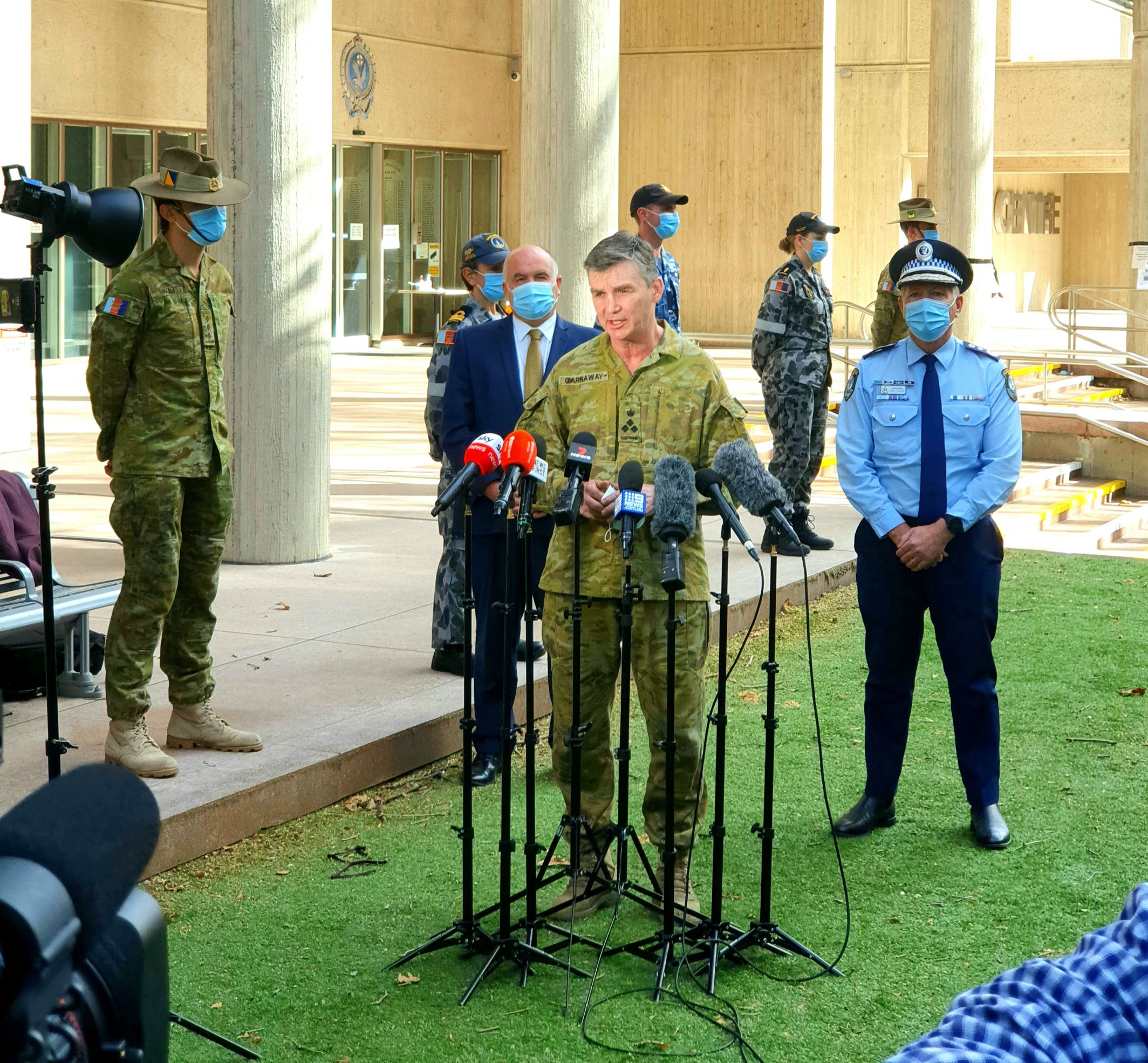Staying calm and focused is a key requirement of any spokesperson tasked with managing communications in a crisis.
But doing so can be a challenge even for the most experienced crisis communicators, as we saw in Australia recently.
The Prime Minister Scott Morrison, under significant public and media pressure over the treatment of women at Parliament House, was forced to apologise for his “insensitive response” to a journalist’s question on the matter.
The reaction highlights how even the most experienced sometimes make the mistake of being overly defensive and allowing emotions to take hold. One spur-of-the-moment comment can make a bad situation much worse.
Nevertheless, it is important to not dismiss the role of emotion in communication: it can help convey empathy and allow the “communicator” to engage with people at a deeper level.
The issue is to use emotion in a positive way to help communicate your message more effectively, rather than allowing it to distract and potentially cause reputational harm to you and or your organisation.
Having a clear constructed plan to approach crises is a must. Smart, strategic and effective communication is the key to managing crises and coming out stronger on the other side.
By Hayden Tucker & John Thompson


